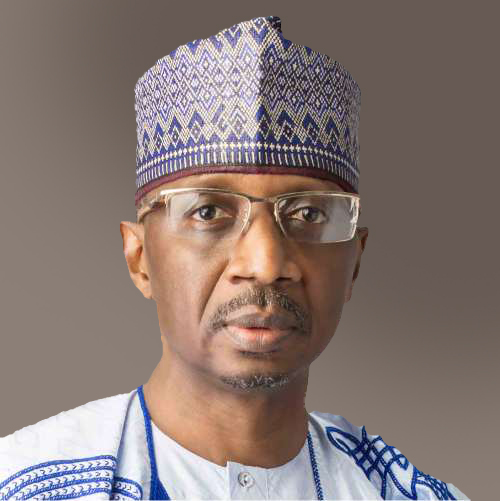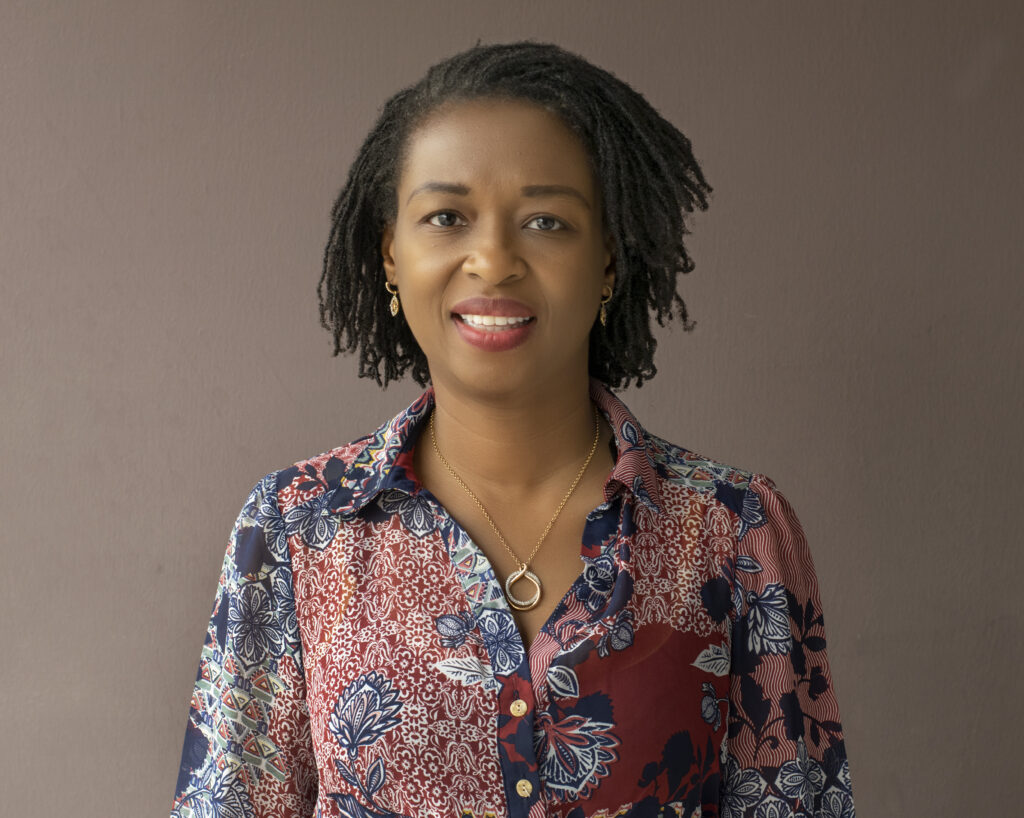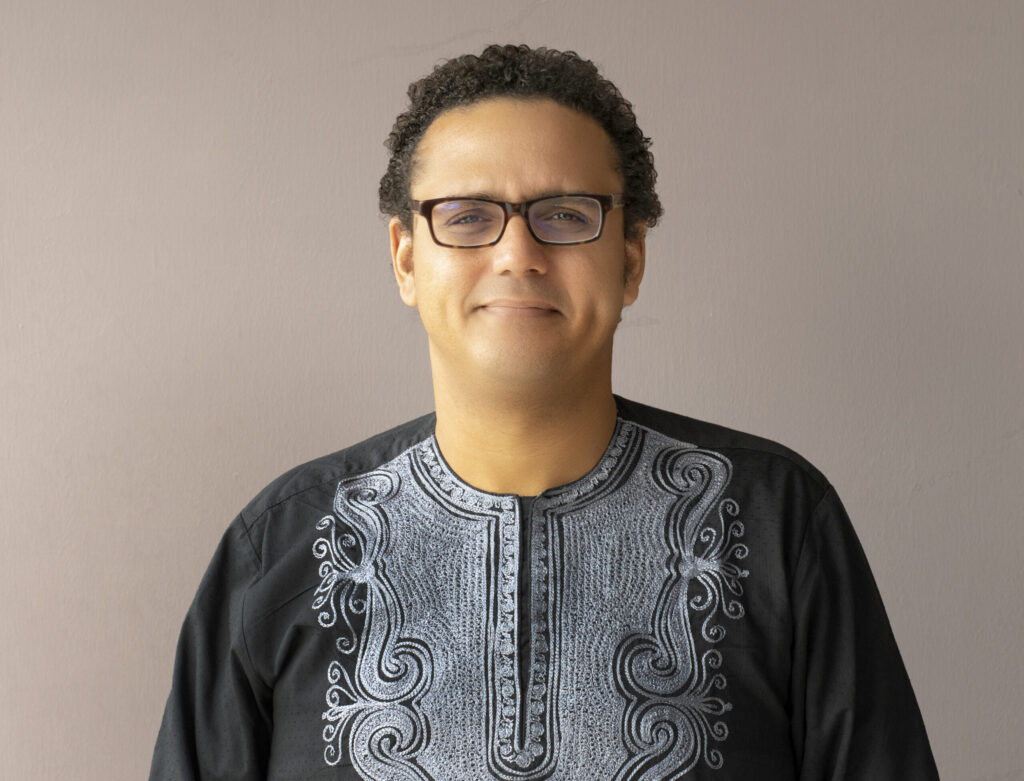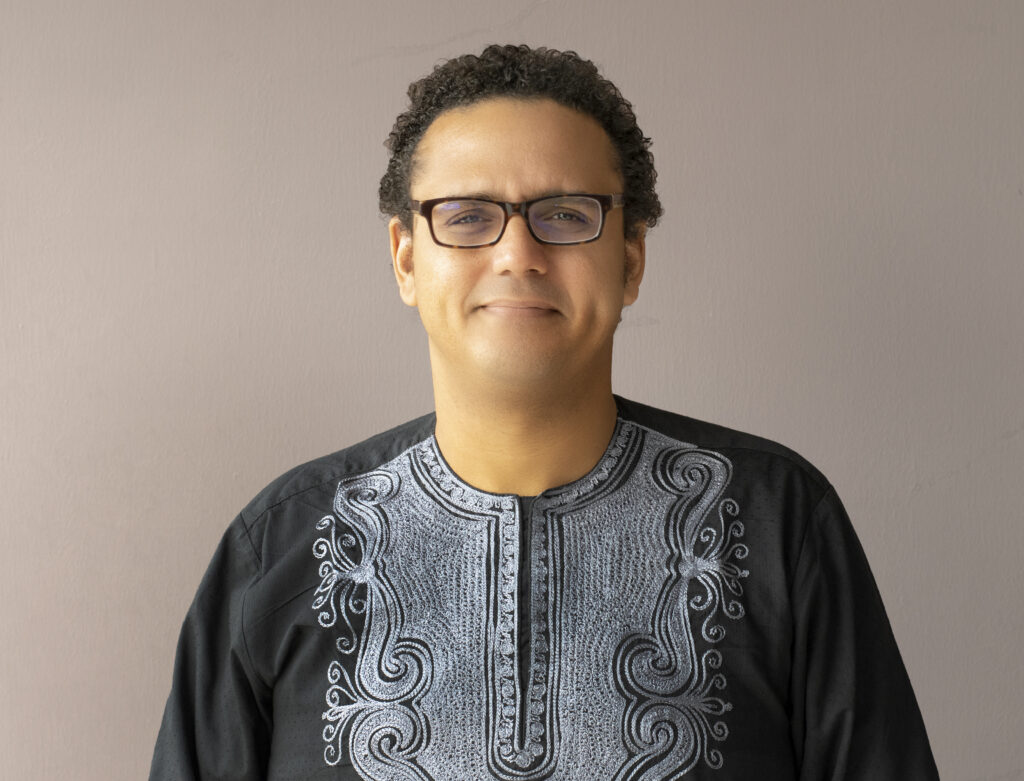
Did you know that global food waste is indeed a thing? Did you know that according to Premium Times over 55% of all fruits and vegetables go to waste in Nigeria each year? It’s a shocking statistic that highlights the critical issue of global food waste. While we waste food, many people go hungry, and it’s time to take action.
In this blog post, we delve into the causes and consequences of food waste, exploring best practices that can help rescue food and improve food security for all. We’ll cover everything from value addition and processing to efficient transportation, awareness campaigns, and sustainable agricultural practices.

Causes of Food Waste
Food waste and loss occur at various stages along the agri-food value chain, including inefficient production practices, inadequate post-harvest management, flawed transportation, and distribution systems, lack of proper processing and storage facilities, market and consumer preferences, and food safety regulations. In developing countries, a significant portion of food loss occurs during post-harvest handling and storage due to lack of proper infrastructure and technologies. In developed countries, food waste is often associated with consumer behavior, such as buying more food than needed, improper storage, and disposal of edible food.

Impact of Food Waste on Food Security
The consequences of food waste and loss are far-reaching and detrimental to achieving food security. Wasted resources, including land, water, energy, and labor, result in increased environmental degradation, greenhouse gas emissions, and loss of biodiversity. Additionally, food waste and loss exacerbate global food insecurity by reducing the availability, accessibility, and affordability of food, leading to hunger, malnutrition, and health issues, especially for the vulnerable populations such as children, pregnant women, and the elderly. This also impacts the livelihoods of smallholder farmers and businesses, causing economic losses and undermining sustainable agricultural practices.
Potential Solutions to Tackle Food Waste
- Improved inventory management and tracking systems to help reduce overproduction and spoilage.
- Better packaging technologies that preserve food freshness and extend shelf life.
- Innovative food processing methods that can convert waste into value-added products, such as bioplastics, bio-fuels, and fertilizers.
- Implementation of effective supply chain management practices to reduce waste and losses during transportation and storage.
- Use of technology-based tools such as smart fridges and food-sharing apps to facilitate sharing of surplus food between individuals, organizations, and businesses.
- Adoption of sustainable agricultural practices that promote responsible production and consumption, such as regenerative agriculture, forestry, and organic farming.
- Public awareness campaigns to educate consumers on the importance of reducing food waste and loss and encouraging them to take actions such as meal planning, proper storage, and composting.
- Partnerships and collaborations between food businesses, NGOs, and governments to develop and implement effective food waste reduction strategies.
- Investment in research and development to improve the efficiency of food production and processing methods and identify new opportunities for reducing waste and loss.

Reducing food waste requires a collaborative effort from everyone – farmers, processors, retailers, consumers, and policymakers. This requires a multi-faceted approach that involves improving post-harvest handling and storage, value addition and processing, efficient transportation and distribution, awareness and education campaigns, food recovery and redistribution, sustainable agricultural practices, and policy and regulatory measures. By working together and implementing best practices, we can make significant strides towards reducing food waste, improving food security, and promoting sustainable food systems.
Join us in taking action against food waste and creating a brighter, more sustainable future for Nigeria and beyond!





